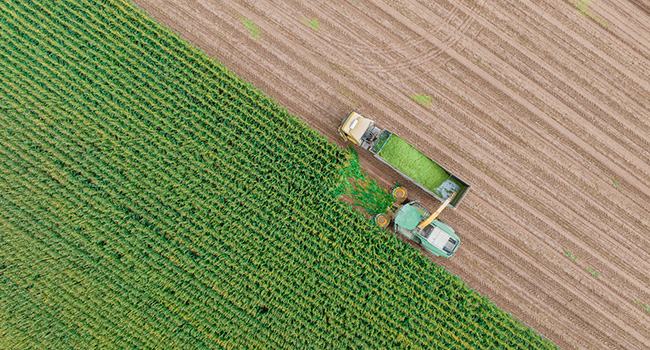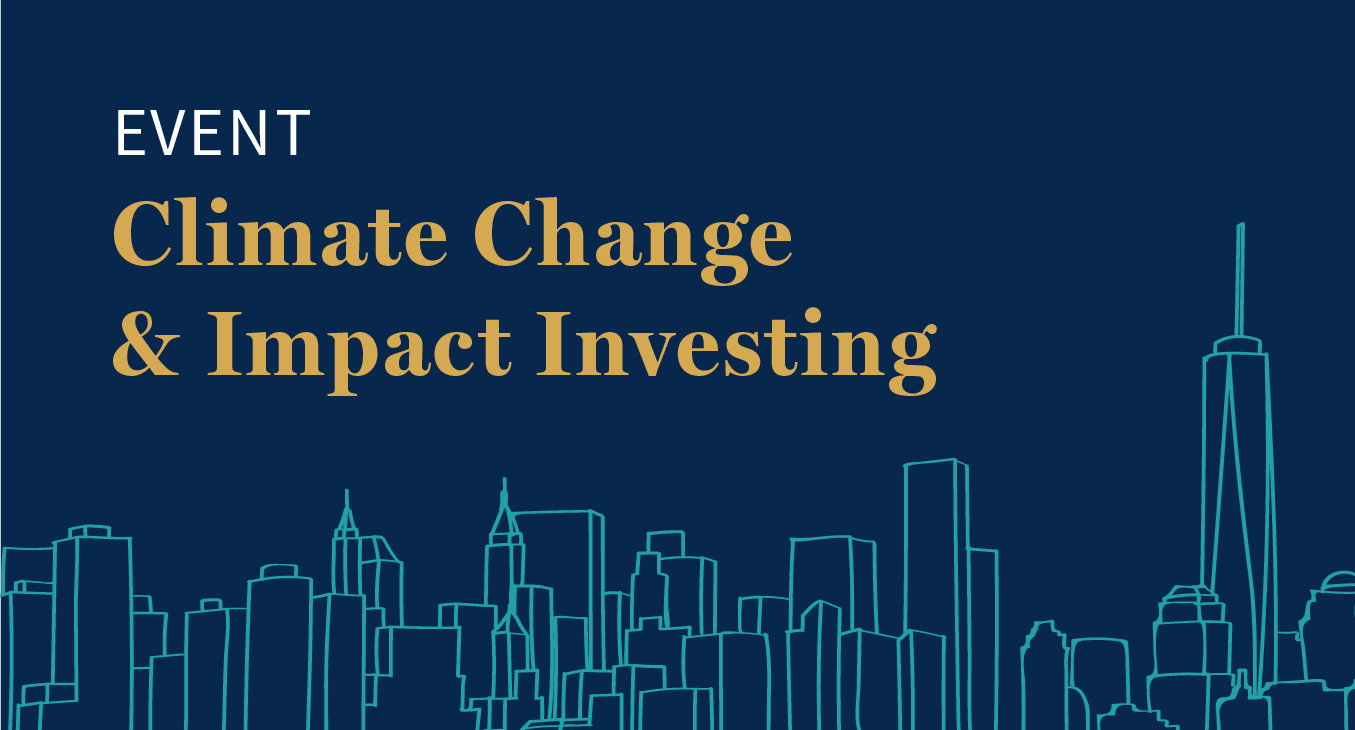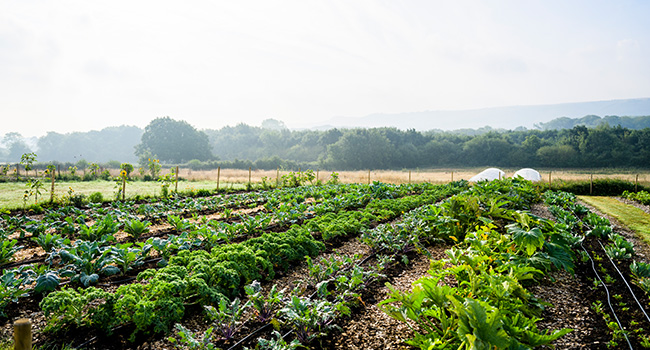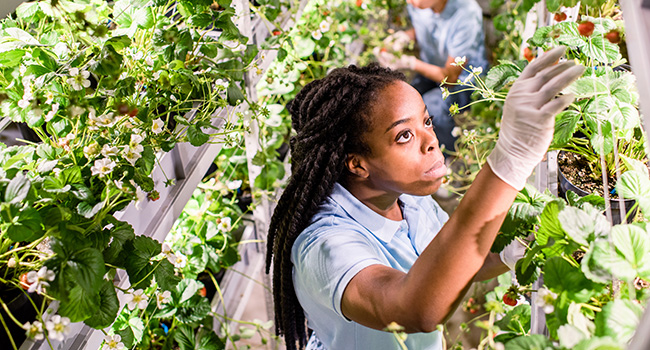
Annual Engagement Report Now Available
Our 2023 engagements focused on climate change and the systemic importance of forests; human rights and workers rights; and access and equity.

From highlights to insights, we use today’s intelligence to help fuel tomorrow’s prosperity and make “investing for good” the way all investing is done.

Our 2023 engagements focused on climate change and the systemic importance of forests; human rights and workers rights; and access and equity.

Our 2024 First Quarter Impact Update highlights how we are working with companies to better understand how they are undertaking the climate transition and encourage them to step up their efforts, from adapting their supply chains to ensuring fair treatment of their workers as they transition to green jobs.

Nearly every company today is or will be affected by climate change. As a result, companies are reassessing their priorities. For example, companies are prioritizing strategies to better reduce their greenhouse gas emissions (GHGs), transition to more sustainable operations and supply chains, and create innovative solutions to help reduce their negative impact on the environment.

Amy Domini discusses how investor demand for ethical practices has shifted the idea of corporate social responsibility from solely focusing on profit to considering environmental and social factors.

Join Domini as we host an event discussing the role of companies in helping tackle climate change, what their efforts look like, and how we work with them to help advance their climate-driven initiatives.

With the global shift towards renewable energy, some of the most advanced companies are adapting their business models to shift towards clean energy to enhance their systems and make them environmentally friendly. Domini sees a future where businesses help reduce energy use and environmental impact, moving towards sustainability and lower carbon emissions.

As more and more industries work to expand and improve their sustainable practices, the chemical sector finds itself at a crossroads between needing to shift away from its deep-rooted dependence on raw materials derived from petroleum (petrochemical feedstock), although faced with supply limitations and technical restraints to stop their greenhouse gas emissions (GHGs).

It is estimated that food systems account for approximately one third of total greenhouse gas emissions. Traditional or industrial agriculture practices are often carbon intensive and emphasize maximizing yield, using chemical fertilizers, depleting soil health, and disturbing ecosystems.

In this update we highlight how our engagement initiatives tackled multifaceted challenges, from climate action to nuclear disarmament.

Earth has been resilient but there is a limit and we are reaching tipping points. In 2009, a team of internationally renowned scientists introduced ‘planetary boundaries’.

Despite the rapid changes and burgeoning innovations happening in real time around us, one cornerstone of our society has failed to keep pace: our food systems.

Even one retirement contribution can help create a greener tomorrow if invested in the right mutual fund. That’s because mutual funds pool money together from a group of investors; even individual investors can help make a difference when they contribute money to a mutual fund that chooses to invest in companies who have environmental and social standards.